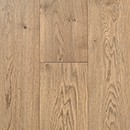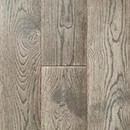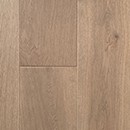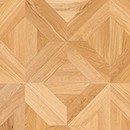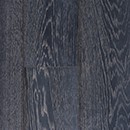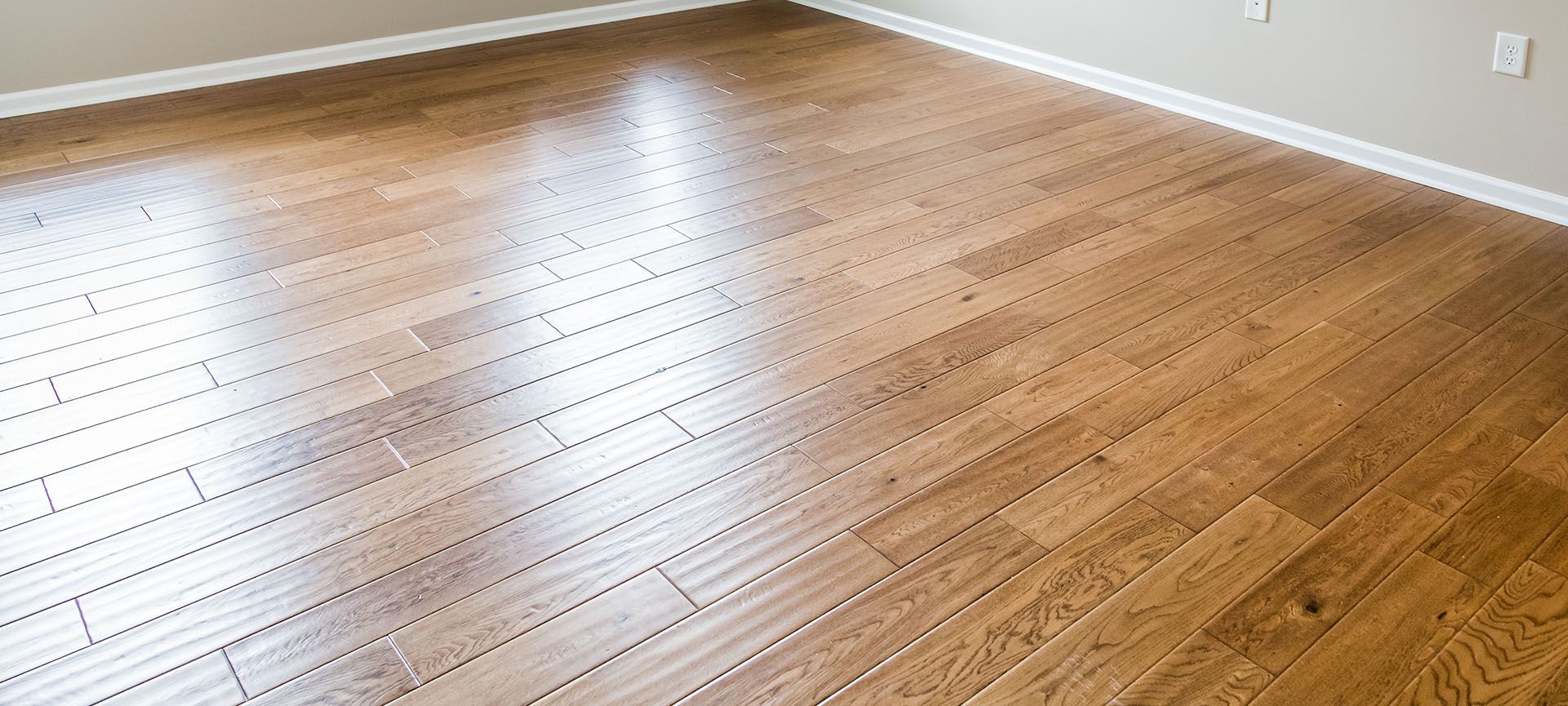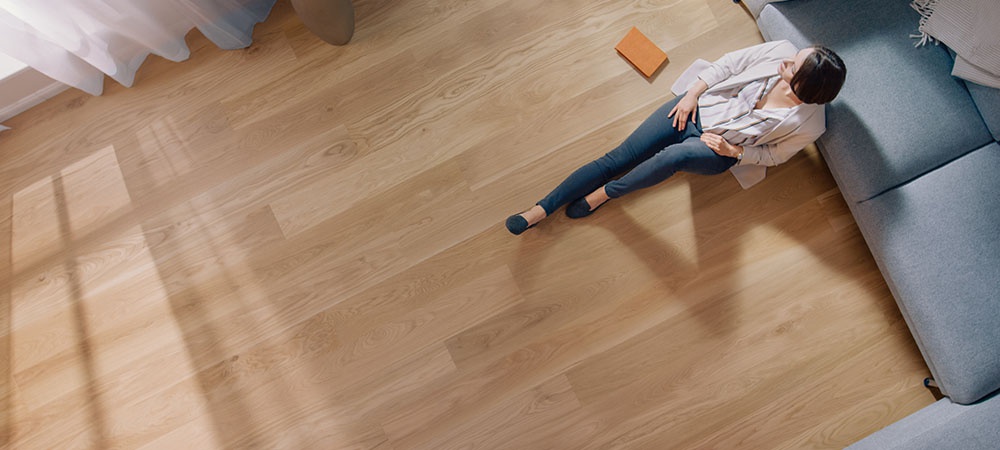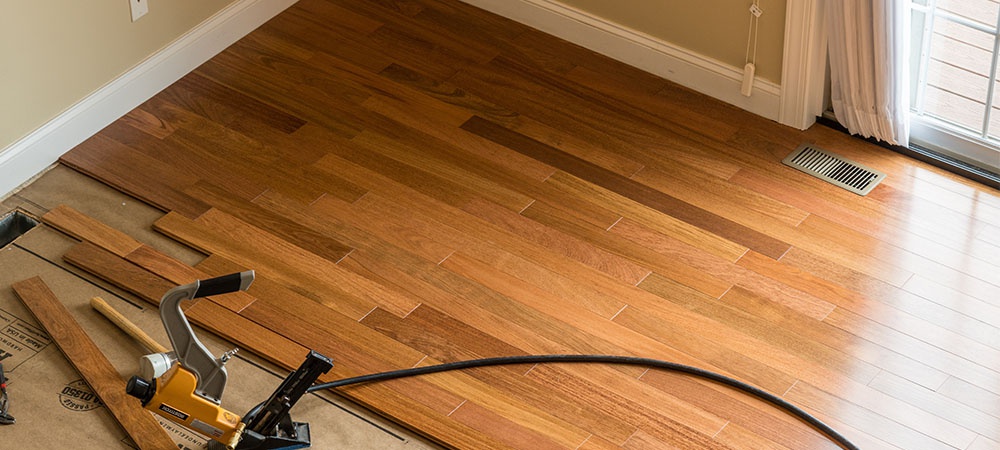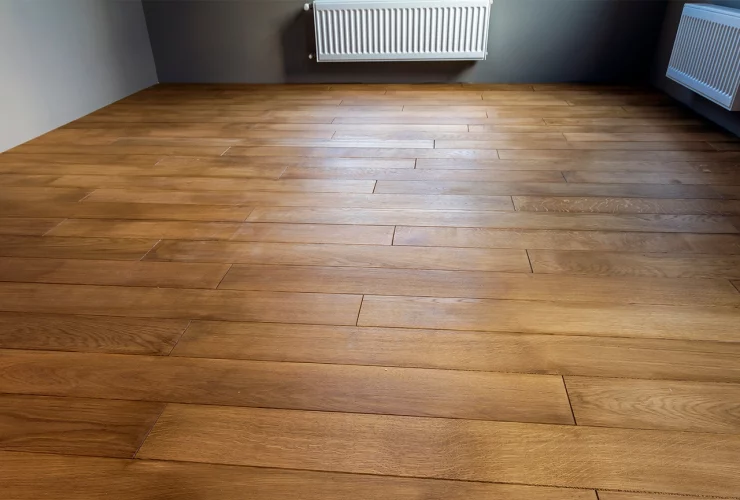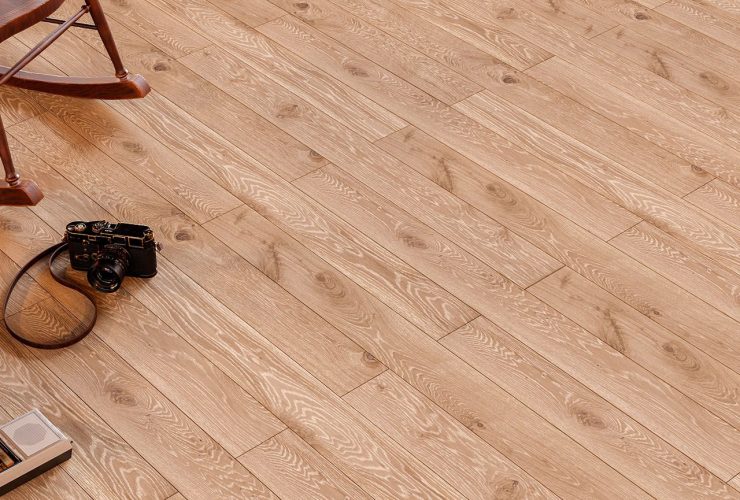The Cost of Engineered Hardwood Floor Installation: Factors to Consider
The cost of engineered hardwood flooring installation can be a hefty one. If you’re considering switching to wood floors, it’s important to understand all the factors that go into the process and estimate your total bill beforehand.
Don’t let the price tag stand in the way of transforming your home! In this blog post, we’ll explore what influences the cost of engineered hardwood floor installation so you can make an informed decision when it comes time to commit.
What Influences the Cost of Engineered Hardwood Floor Installation?
Here are the main influencing factors:
1. Size of Area
The most basic cost factor to consider is the size and shape of the room where you plan to install your engineered hardwood floors. The larger the installation area, the higher the cost of your new engineered hardwood floor.
Despite its durability, engineered wood flooring requires space for proper installation. Ensure you have enough area to work before committing to purchase and installation.
2. Type of Wood
Not all woods are created equal, and that’s true for engineered hardwood flooring. The type of wood will affect the price, so make sure you know what kind of wood you want before making a purchase decision.
Additionally, some types of wood may require special treatment to prevent the wood from warping or expanding. An extra treatment step for your engineered hardwood floor will increase installation costs.
3. Labour:
Professional installation is almost always recommended when installing engineered hardwood floors. Tackling a project of this size yourself can be difficult and expensive if something goes wrong — but luckily, most installers offer competitive rates and can complete the job promptly.
4. Subfloor Preparation
Before installation, you’ll want to ensure your subfloor is in good condition. If it isn’t, you may need to factor additional costs into your budget for any repairs or improvements needed to get it ready for engineered hardwood flooring.
5. Finishing
Lastly, you’ll need to consider the cost of any post-installation finishing materials and treatments. These might include sealers, adhesives, trim pieces, and other items needed to complete your engineered hardwood floor installation.
Related Article: The Ins and Outs of Engineered Hardwood Floor Installation
How Engineered Hardwood Floor Installation can Add Value to Your Home?
Now that you know what goes into installing a new engineered hardwood floor, the next question is whether the cost is worth it.
Not only does engineered hardwood flooring look attractive and can last for years, but it also adds value to your home.
Hardwood floors are a long-term investment that may increase the resale value of your property if you ever decide to sell. Additionally, potential buyers may be more likely to purchase a home with beautiful hardwood floors than one without them.
Plus, there are various grades and prices for you to choose from. Depending on your budget and the look you’re going for, you can select an engineered hardwood grade that fits your needs without breaking the bank.
Since engineered hardwood is man-made, it costs less than traditional solid hardwood floors. The cost can range from around $3 to $14 per square foot installed.
Benefits of Choosing Engineered Hardwood Over Other Types of Flooring
Engineered hardwood floors have several advantages that make them a great choice for your home.
- They are much easier to install than other types of flooring and require less upkeep in the long run.
- In comparison with solid wood floors, engineered hardwood is more resistant to warping and expansion due to weather or moisture levels.
- Engineered hardwood is available in various colours and styles to fit your taste.
- Unlike solid hardwood floors, engineered hardwood flooring is an eco-friendly choice that doesn’t require harvesting trees.
Tips for Preparing Your Home Before the Installation Process Begins
Before the installation of engineered hardwood floors, there are some steps that you should take to ensure the process goes smoothly.
- Make sure your subfloor is level and in good condition before beginning the installation.
- Have any necessary repairs made before installation so the flooring can be properly laid down on a flat and even surface.
- Remove any furniture and existing flooring from the area beforehand, as this will make the installation process much easier.
- Clean the area thoroughly to remove any dirt or debris that could be disruptive during installation.
- Make sure you have the necessary tools and materials before starting the project. This includes nail guns, saws, sanders, and other tools.
These tips will help ensure your engineered hardwood floor installation is a success. With proper planning and preparation, you can have beautiful floors in no time!
Pros and Cons of Hiring a Professional for the Job
Hiring a professional for your engineered hardwood floor installation can be beneficial in many ways. Still, there are also some drawbacks that you should consider.
Pros:
- Professional installers have the skills and experience to complete the job correctly.
- They will often use specialized tools and techniques to ensure a high-quality installation.
- Professional installers can provide warranties on their work, and are held to a higher standard than a DIY job.
Cons:
- Hiring a professional installer may be more expensive than doing it yourself.
- Some professionals may have hidden fees or charges for services that weren’t initially included in the quote.
- Professional installers may not be as familiar with your particular flooring as you are, which could result in a less-than-desired outcome.
Ultimately, when it comes to installing engineered hardwood floors, it is up to you to decide whether or not hiring a professional is the right choice for your project. It is important to weigh the pros and cons carefully and make an informed decision that best suits your needs.
How to Save Money on Engineered Hardwood Installation?
It is possible to save money on labour and materials when installing engineered hardwood floors. Here are some tips to help you do that:
- Shop for the best deal. Compare prices from different vendors to get the best price on your flooring and installation materials.
- Consider renting tools rather than buying them. Many hardware stores offer tool rental services that can help you save money on the cost of necessary equipment.
- Take advantage of sales and discounts. Look out for promotions or discount codes that could help you reduce flooring and material expenses.
- Choose a simpler installation process. If you have the know-how, try to opt for an easier installation method that requires fewer tools and materials.
- Consider DIY. If you have the skills, don’t hesitate to take on the project yourself! Doing the job yourself can save you considerable money on labour costs.
By following these tips, you can ensure your engineered hardwood floor installation is as cost-effective as possible.
Related Article: What are the Benefits of Installing a New Wood Floor?
Final Thoughts
Engineered hardwood floor installation is a great way to add beauty and value to your home. And typically, the cost of engineered hardwood floors depends on the installation area’s size, type of wood and finishing required.
Here at Three Trees Flooring, we aim to provide maximum value for your money by delivering high-quality flooring at competitive prices. Look through our online flooring catalogue today for a great deal on your next flooring.


